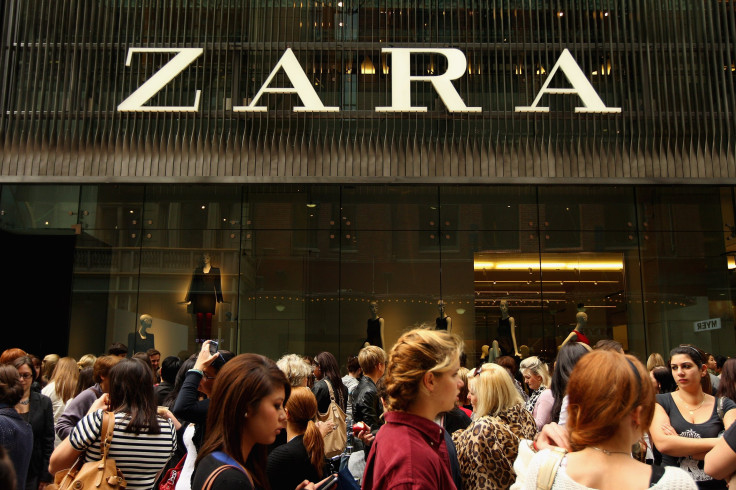China Slams Zara For Model With Freckles, Claims It ‘Uglifies’ Chinese People

When China’s concept of feminine beauty clashed with a local model’s international aspirations an interesting tale took birth.
Model Jing Wen hailing from the Chinese city of Guangzhou is very popular. She has been a fixture in many high-street brands including Calvin Klein and H&M. Li Jingwen popularly known as Jing Wen is the brand ambassador Of Zara for promoting the cosmetics of that Spanish brand.
Now the nation’s social media has set sights on her freckles while posing for the Ads of that Spanish beauty retailer. Chinese people are not amused. In fact, a large section of social media users frowned her adverts for “uglifying Chinese charm”.
Cacophony erupted after Zara posted her photos in the microblogging site Sina Weibo. Zara posted photos without caring to retouch the Chinese model’s freckles.
China for unblemished skin
While Chinese daily Global Times called her freckles iconic, many in the social media said the freckles are unnatural for Chinese people. They say the norm in China is unblemished skin as the key to feminine beauty.
Many even dubbed Li's appearance as ugly while a few others wondered Zara was out to insult or “defame the Chinese.”
A section of the critics slammed the cosmetic brand for aiming to “uglify” Chinese people while others hailed the campaign’s honesty in showing the model’s natural beauty and looks.
Though Jing Wen has not reacted to the controversy, her past interview with Vogue magazine in 2016 bared her stand on freckles.
“When I was little, I really hated them because normally Asian people don't have them,” the model noted.
Zara’s says no to photoshopping
Zara clarified that the advertisements were not targeted at China but was aimed at global markets. It said a different aesthetical norm exists for the Spanish people.
“Our models are all photographed purely, the pictures aren't changed, and they're not modified.”
It dismissed allegations that Li looked ugly saying it desisted from photoshopping as she was photographed naturally.
Many applauded Zara's decision and regretted the bullying faced by the model in her own country.
Some in the social media blamed the government for running a concerted campaign against foreign brands in the name of patriotism.
They saw parallels in the Zara controversy and a campaign by luxury brand Dolce & Gabbana.
In the D&G campaign, a Chinese model was shown struggling to use chopsticks while eating pizza. The ad triggered public revulsion.
Some users doubted a pattern emerging since the D&G incident as a ploy to attack companies or individuals for heaping “insults on the Chinese public.”
They dubbed the effort to smear Zara as overkill and urged not to escalate cultural confidence to the level of a siege.
© Copyright IBTimes 2025. All rights reserved.





















